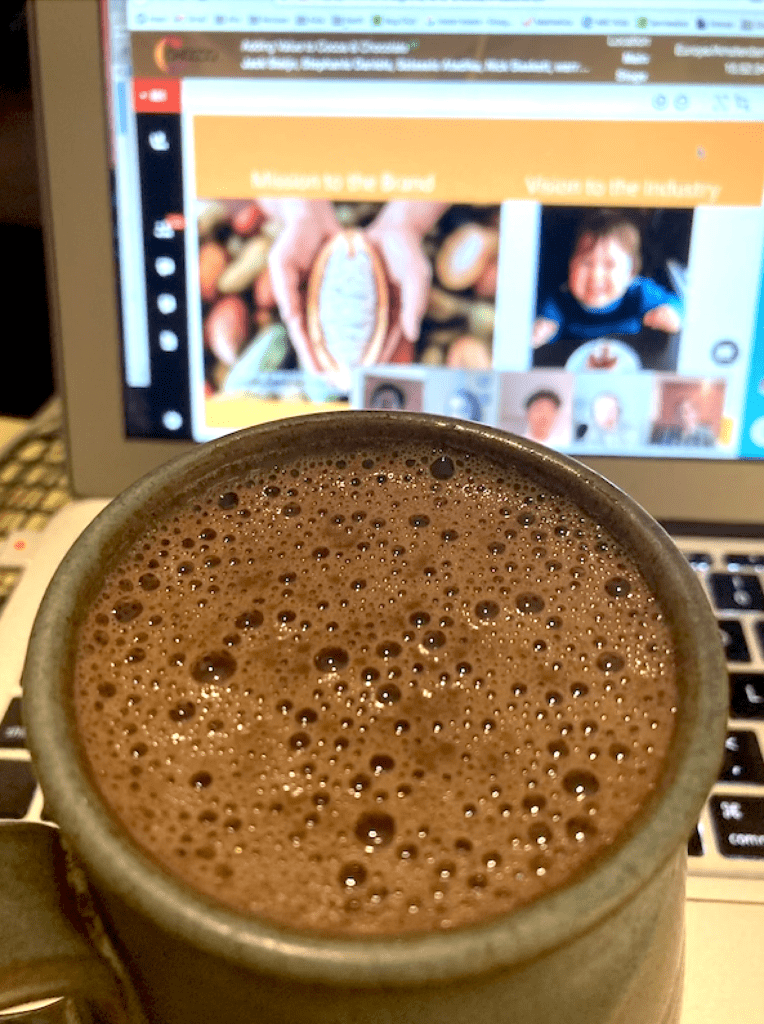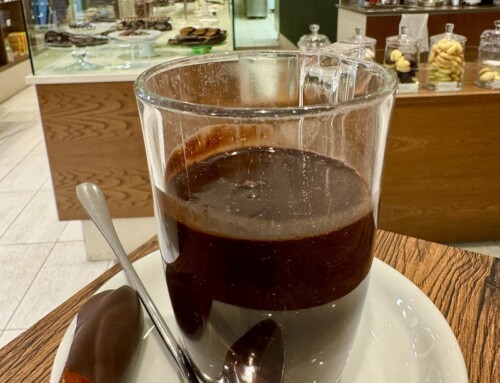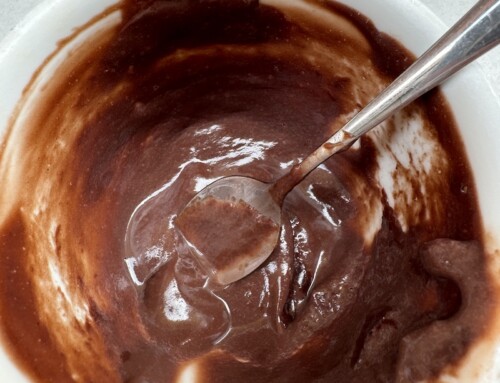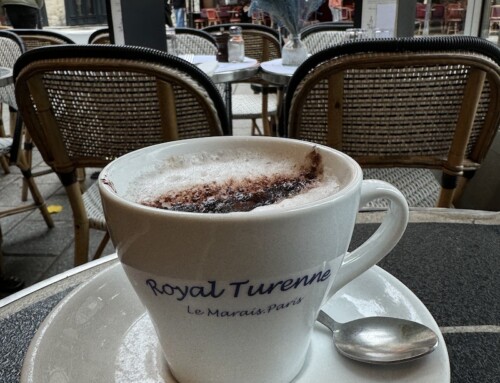I’ve been spending a lot of time in Amsterdam lately. Well, not physically, but in spirit. As you can see from the past few posts, I have been reminiscing about my time sipping hot chocolate in Amsterdam pre Covid. A few weeks ago, I returned to Amsterdam (virtually) to attend Chocoa 2021, an event that brings together a range of stakeholders from across the cocoa supply chain to discuss sustainability issues. I’ll write up more about the issues discussed but thought I’d start by sharing just a bit of information about Amsterdam and Dutch chocolate.
Over the past few years there has been a significant increase in engagement by European countries to ensure traceability and more sustainable sourcing of cacao. While individual companies are engaged in a number of initiatives, the Dutch Initiative of Sustainable Cocoa, offers a platform for all stakeholders to work together. DISCO, as it is called, has three goals relating to the cocoa that is imported into the Netherlands from around the world. The first involves ensuring that families that have cocoa farming as their main livelihood activity and that supply cocoa to the Netherlands are earning a living income (an income that allows them to afford a decent standard of living) by 2030. The second goal is to end cocoa related deforestation in regions where the Dutch cocoa industry sources its cocoa by 2025. The final goal is to end all forms of child labour by 2025.
These goals are significant because while other European countries have similar platforms (the Switzerland, Germany and Belgium for example), the Netherlands is the world’s largest importer of cocoa beans and second largest for processing cocoa (over 1 million metric tons of cocoa goes through the Port of Amsterdam every year which accounts for approximately 20-25% of cocoa traded globally). Most of these beans are coming from Cote d’Ivoire, Ghana, Nigeria and Cameroon, countries that face some of the more challenging sustainability issues in relation to cocoa.
This is helping to raise awareness about the stories behind the chocolate you are likely eating. Some chocolate makers in the Netherlands are also very vocal about these important issues. One well known example is Tony’s Chocolonely, a Dutch based brand that has been selling chocolate for the past 13 years. When journalist Teun van de Keuken was working on a Dutch television programme investigating slavery in the cocoa supply chain he was so shocked at what he saw that he decided to take matters into his own hands and create this Fairtrade chocolate brand. You are likely to see these brightly coloured bars all over the city.
Tony Chocolonely is just as much a commitment to more ethical chocolate than about the chocolate itself. Even their bars are unequally divided, reminding consumers that the profits in the chocolate industry are shared unevenly (the different pieces also represent the different cocoa growing countries across Africa). The cocoa beans, sourced from a number of cooperatives in Ghana and Ivory Coast, are 100% slave free and they are pushing to make that the norm in the industry (although I couldn’t find anything on their site that explained what this meant or how they did it). They believe that chocolate companies should ensure that they know where their cocoa beans are coming from, that they pay a price that enables farmers to earn a living income and run their farms, that they work together to professionalise farming cooperatives, that they ensure long term commitment to farmers.
A representative from Tony’s Chocolonely spoke during Chocoa2021 discussing the role that private labels play in sustainability in the cocoa sector. I remembered that I had a bar of Tony’s Chocolonely sitting in my chocolate drawer (the picture above is from Amsterdam, not my cupboard…but wouldn’t that be nice!). I melted it down into full milk to make a decadent hot chocolate and used the immersion blender to froth it up. It gave me the kick to stay up past midnight to listen to their presentation; and it was well worth it.
Verdict: For more on cocoa and sustainability in the Netherlands watch this short video. You can also learn more cocoa and the Port of Amsterdam here.







